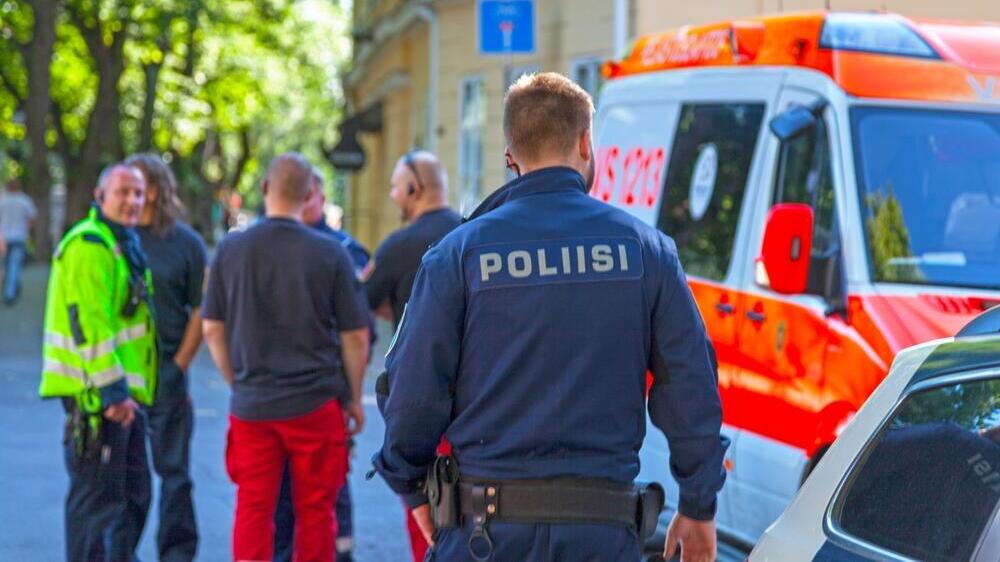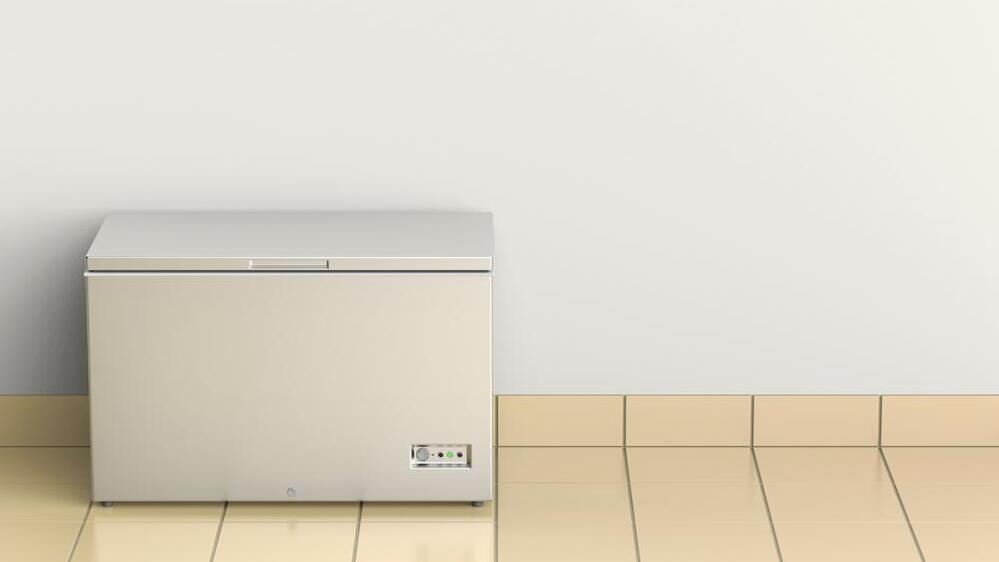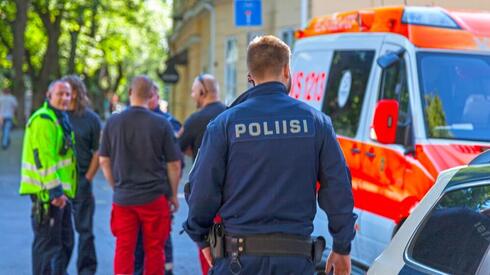An 80‑year‑old physician in Turku, Finland, is on trial for the desecration of remains after police discovered two bodies of his relatives—apparently his parents—stored in freezers for almost 30 years. According to state broadcaster Yle, the man told investigators he “wanted to preserve the bodies for the future.”
The bodies were kept in domestic freezers in an external storage building in his yard. Though a joint memorial has been erected in the family burial plot in Turku, the remains were never buried. Ilta Sanomat reports that his father died in October 1994 at age 80, and his mother in March 1995 at age 81, both of natural causes. One body was transferred from a hospital directly to a freezer.
2 View gallery


Finnish police, illustration
(Photo: BreizhAtao / Shutterstock)
Local police detective Lasse Heisti said the suspect acted out of a personal belief that diverged from standard burial customs. “The person who died in the hospital was likely taken straight to the freezer,” Heisti told Helsingin Sanomat. He added that perhaps the man found it hard to part with the deceased, believed his actions were well‑intentioned, and maintained his family members,” according to his own unique worldview.” He emphasized there was “no malice or other criminal motive.”
The case came to light last year following a report from a relative. During a search at the property, authorities found the freezers in an outbuilding on the premises. One body was wrapped in plastic sheeting, the other still wearing hospital garments. When police arrived in summer 2024, one freezer appeared to have been powered off for an indeterminate period.
The indictment states the violations began in March‑April 1995 and continued through June 2024. Although two relatives were originally under suspicion, the prosecution has charged only one.
The accused is a licensed physician whose medical license was revoked in 2013 by Valvira, Finland’s authority for licensing and supervising health and welfare services, over serious deficiencies in managing patient records. Since 2003, complaints had mounted, including prescribing the seizure drug Lyrica without proper documentation in several cases, sometimes exceeding the recommended dosage.
2 View gallery


The bodies were kept in a freezer and discovered 30 years later
(Photo: shutterstock)
Despite repeated oversight efforts since 2003, the doctor did not change his practices. In 2013, his right to practice was limited to work under special supervision within public health services. In 2017, a district court convicted him of practicing medicine without a license after issuing a medical certificate for travel without authorization. He also served as CEO of a funeral services company, though its registration documents show it had no active commercial business; it was purportedly formed during the COVID‑19 pandemic to provide public information.
The case has shocked Finland’s funeral industry, which is relatively lightly regulated. Chair of the Finnish Cemetery Association, Sari Kukari, said the case exposed legislative gaps that enabled the illegal storage. “I want to trust in people’s morality and ethics, but because of the law, it’s possible this is not an isolated incident,” she told reporters.
Key issues raised include the lack of licensing requirements for cemeteries—any person may open one without a special permit under current law—and the absence of a national registry for bodies transferred from hospitals, cooling facilities, or nursing homes. There is also no systematic documentation in Finland tracking where deceased persons are taken after hospital mortuaries. The case has prompted calls for urgent reform of Finland’s Burial Act and Death Cause Investigation Act.
The defendant faces charges in the Southwest Finland District Court for two counts of desecration of bodies. Under Finnish law, the penalty for such an offense can be a fine or imprisonment of up to one year.

